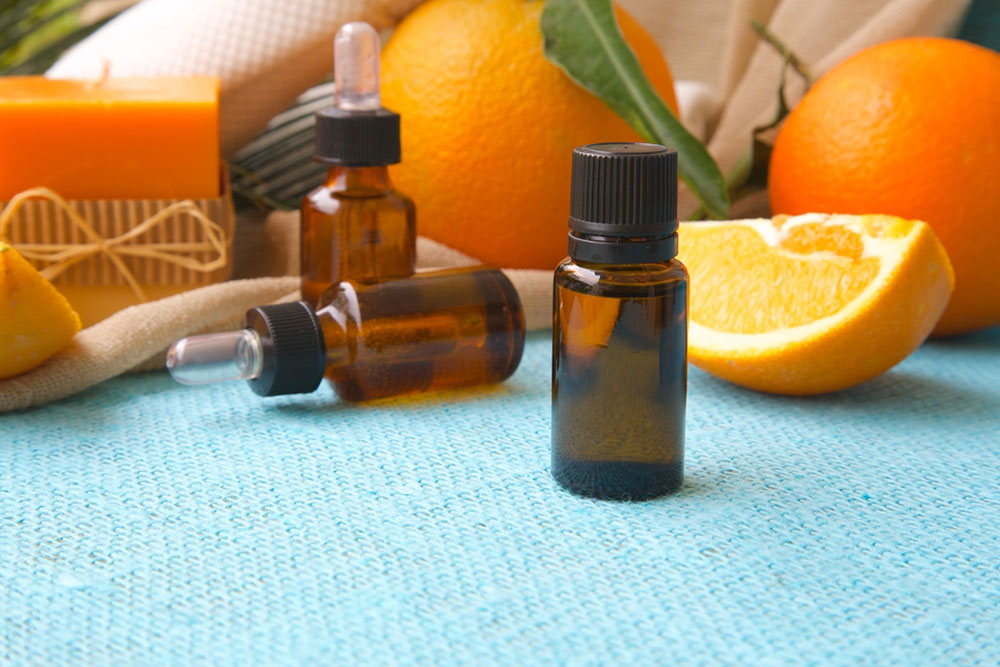Comprehensive Guide to Managing Allergy-Induced Coughs: Essential Pre-Treatment Questions and Remedies
This comprehensive guide explores how to identify and manage allergy-induced coughs effectively. It covers distinguishing symptoms from colds, natural home remedies like honey and ginger, prevention tips including air purification and allergen avoidance, and the importance of understanding root causes. Perfect for allergy sufferers, this article provides practical advice to alleviate persistent coughs caused by allergens and improve respiratory health through natural and lifestyle interventions.

Critical Questions to Address Before Managing an Allergy-Related Cough
Seasonal allergies are a common cause of persistent coughing and discomfort, often misinterpreted as symptoms of a cold or other respiratory illnesses. Understanding the nuances between allergy-induced coughs and other ailments is vital for effective management. This comprehensive guide explores how to identify allergy symptoms, implement effective home remedies, adopt preventive measures, and distinguish between allergy-related coughs and colds to improve quality of life.
How to Differentiate an Allergy Cough from a Cold Cough?
Cold-related coughs tend to last between 1 to 3 weeks and are associated with other symptoms like fever, body aches, and sore throat. In contrast, allergy coughs can persist as long as an individual remains exposed to allergens, sometimes extending for months during peak allergy seasons.
While colds are more common during the winter months and can occur unpredictably at any time, allergic reactions are typically seasonal, triggered by specific allergens such as pollen, dust mites, pet dander, or molds.
The onset of symptoms also differs: cold symptoms usually develop a few days after infection exposure, whereas allergy symptoms can be immediate following allergen exposure.
Additional signs help distinguish between the two: colds often include systemic symptoms like body aches, low-grade fever, and sore throat. Allergic responses primarily cause nasal itching, watery eyes, sneezing, and a dry or productive cough.
Factors Increasing the Risk of Developing an Allergy-Induced Cough
Asthma: Individuals with asthma are more prone to persistent coughing due to airway hyperresponsiveness triggered by allergens, leading to symptoms such as wheezing, shortness of breath, or post-nasal drip.
Smoking: Tobacco smoke irritates the respiratory tract, contributing to chronic bronchitis and coughing that can mimic allergy symptoms.
Environmental Irritants: Pollen, pet dander, chemical fumes, pollution, and fragrance exposure can aggravate allergic airway reactions, resulting in coughs.
Gastroesophageal Reflux Disease (GERD): Acid reflux can cause coughs that overlap with allergy symptoms, complicating diagnosis.
Effective Home Remedies to Ease Allergy-Related Coughs
Sage: Known for its anti-inflammatory properties, sage tea or syrup can soothe inflamed throat tissues and suppress allergen-induced coughing.
Honey: A well-known natural remedy, honey coats the throat, reducing irritation and dry coughs caused by allergens. Consuming a teaspoon or adding honey to warm tea provides relief.
Ginger: Contains natural antihistamines and anti-inflammatory compounds that help diminish mucus production and ease coughs. Fresh ginger tea is highly recommended for allergy sufferers.
Thyme: Rich in anti-inflammatory agents, thyme can relax airway muscles, lessen coughing urges, and improve airway clearance when prepared as a tea or inhalant.
Preventive Measures and Lifestyle Tips to Manage Allergy Cough Symptoms
Stay Hydrated: Drinking ample fluids helps thin mucus, making it easier for the body to expel allergens and relieving congestion.
Steam and Humidifiers: Inhaling steam loosens nasal secretions; using a humidifier maintains optimal air moisture levels, preventing mucous membranes from drying out. Regular cleaning of humidifier filters is crucial to prevent mold and dust buildup that could worsen allergies.
Filter and Purify Indoor Air: Using high-efficiency particulate air (HEPA) filters or air purifiers can effectively capture pollen, pet dander, dust mites, and other airborne irritants, significantly reducing allergy symptoms.
Avoidance of Known Allergens: Identifying and minimizing exposure to triggers such as pollen, pet dander, smoke, and fragrances is key.
Routine Cleaning: Frequent dusting, vacuuming with HEPA filters, and washing bedding help decrease indoor allergen load.
Understanding the differences between allergy-related coughs and other respiratory illnesses is crucial for timely and effective management. Implementing natural remedies, maintaining a clean environment, and being vigilant about allergen exposure can greatly improve comfort and reduce cough severity during allergy seasons or in allergic individuals. Consulting healthcare professionals for persistent or severe symptoms is advisable to ensure appropriate treatment strategies are employed.





